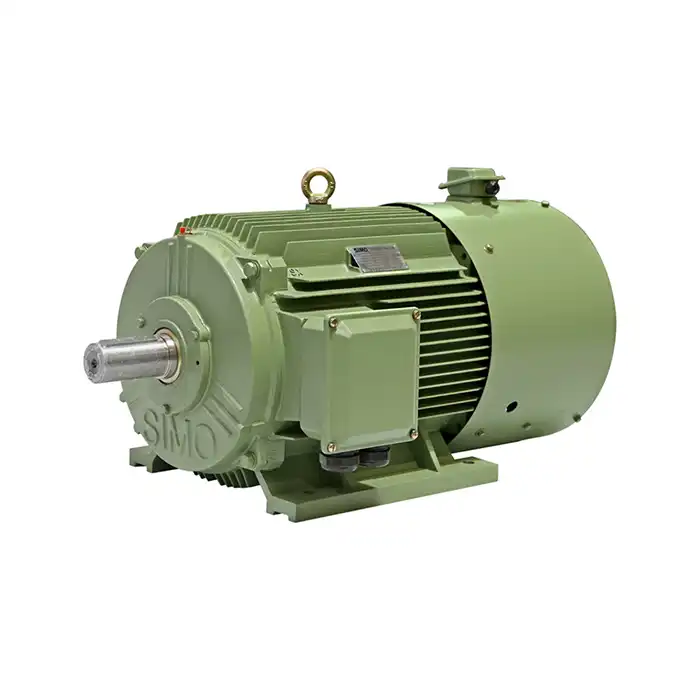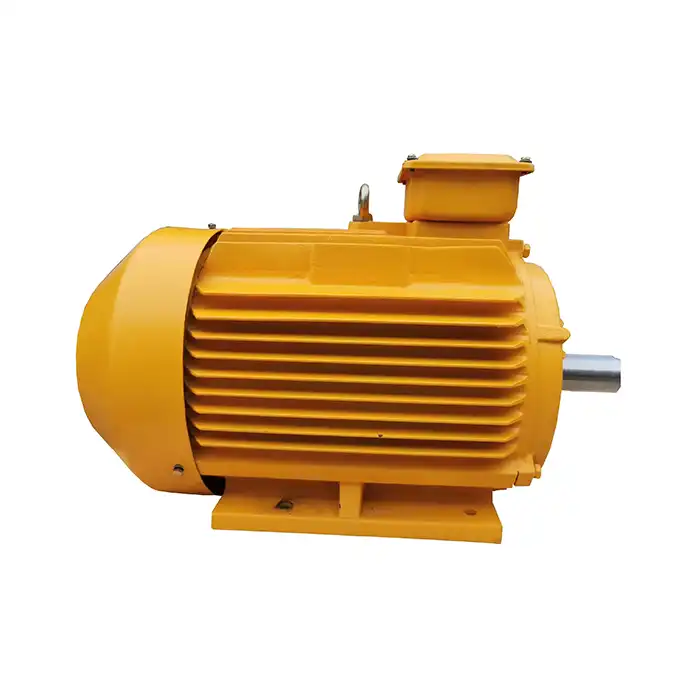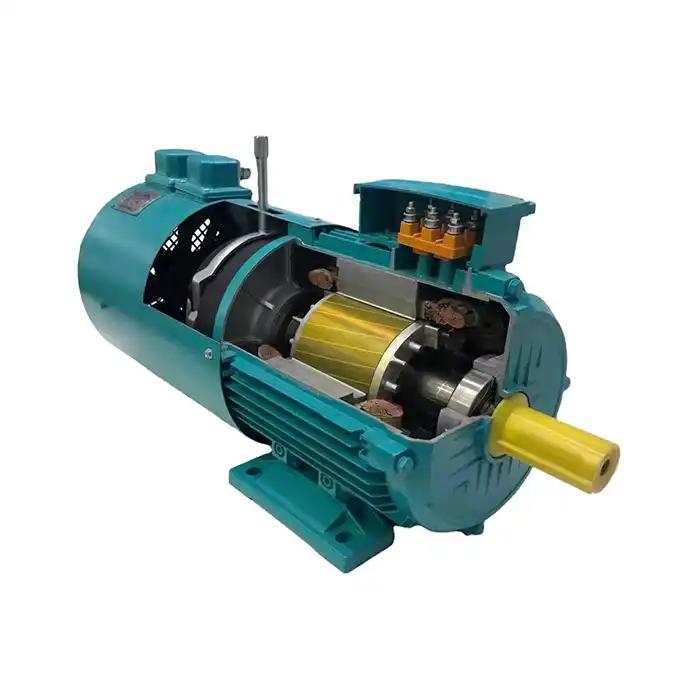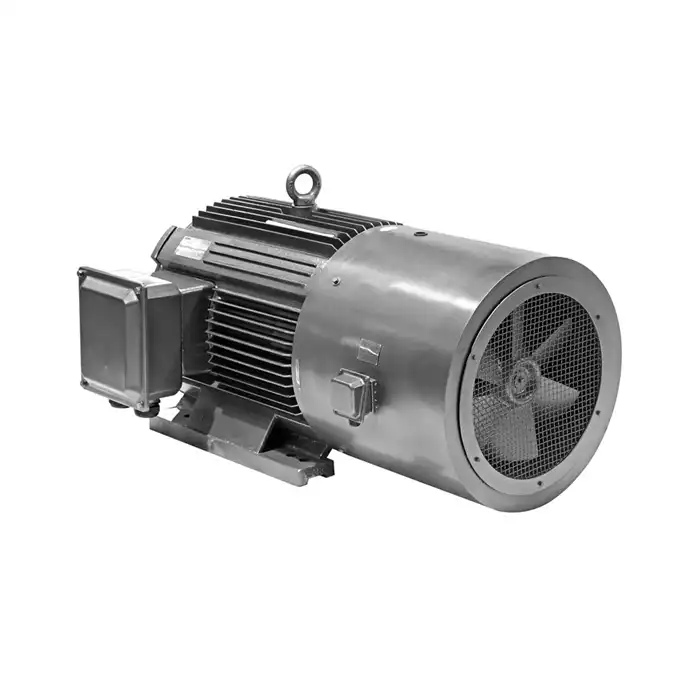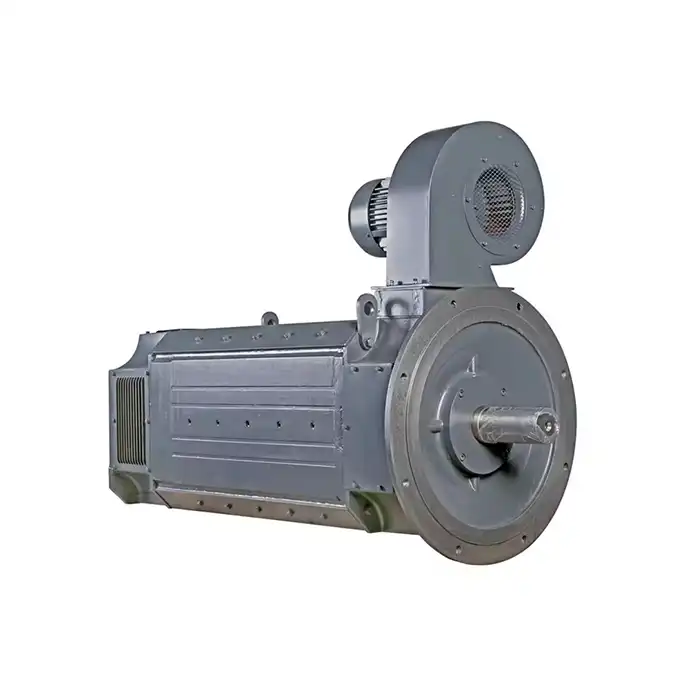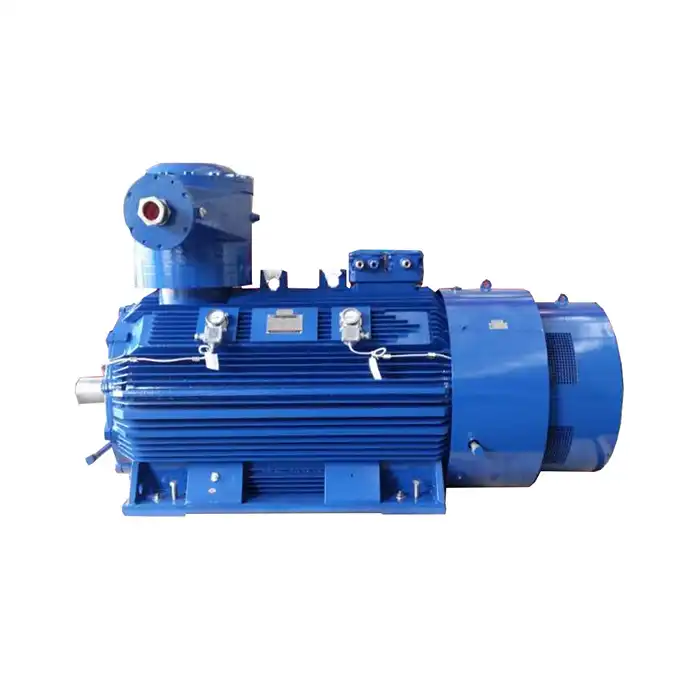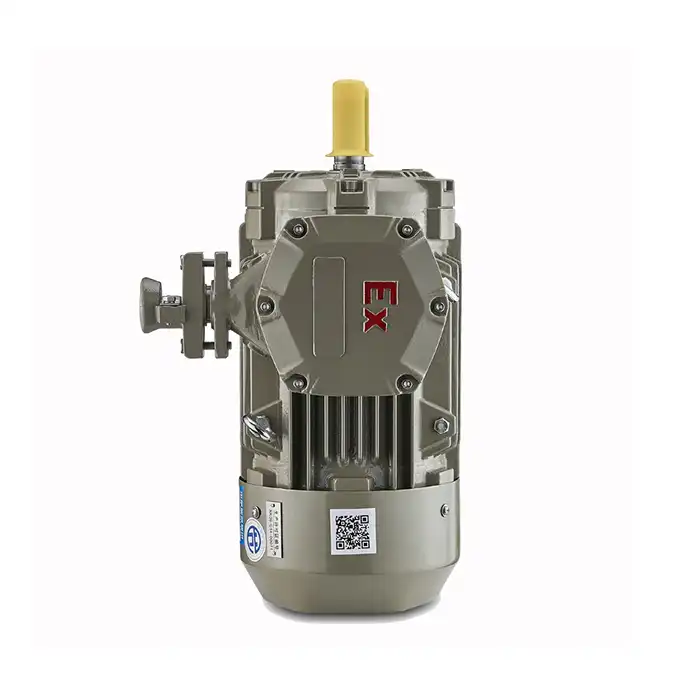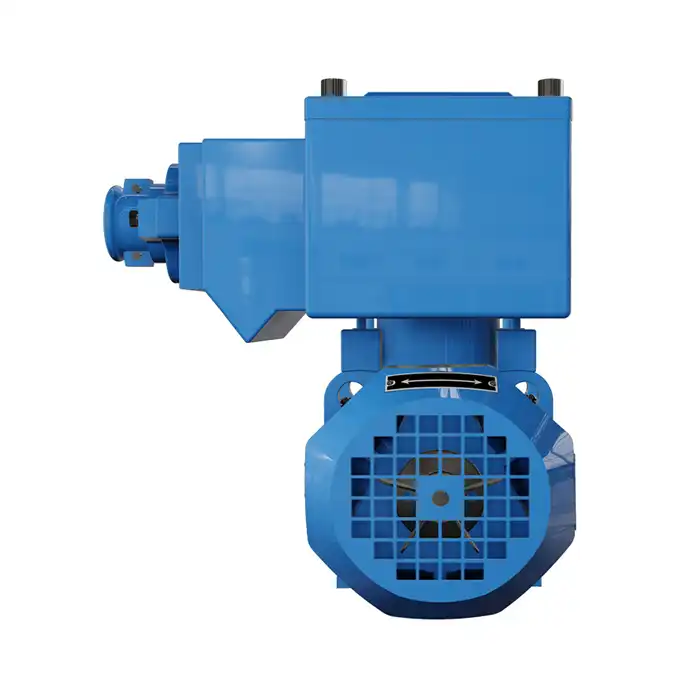How Do Electrical Frequency Converters Differ from Inverters?
Electrical frequency converters and inverters are two devices that sometimes cause confusion in the field of power electronics because of their similar capabilities. Nonetheless, these gadgets are unique due to their unique features and uses. In order to assist you in determining which device could be best for your particular power requirements, this article will explain the distinctions between frequency converters and inverters.
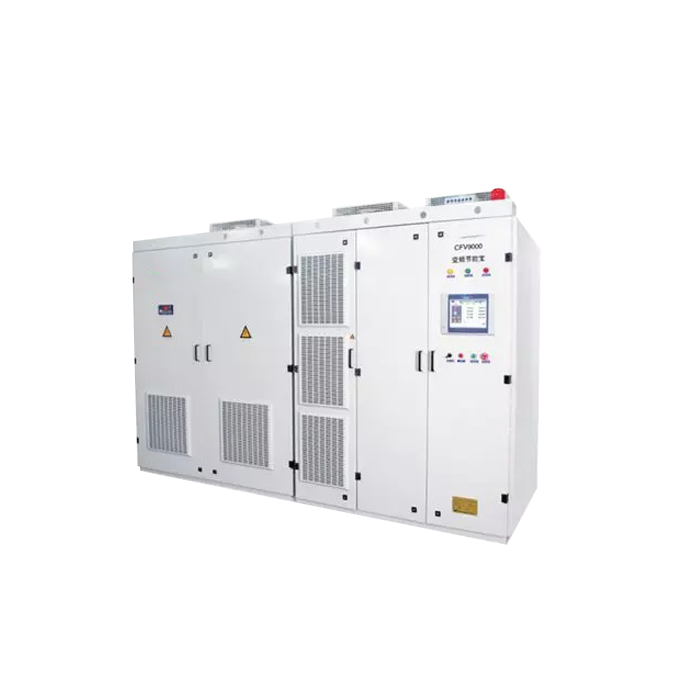
Adaptable motor power range :200-12000 kW
Application:can be used to drive fans, water pumps, textiles, papermaking, wire drawing, machine tools, packaging, food and various automated production equipment.
Advantage:air cooling, inverter control panel, built-in power transformer.
Functionality Comparison: Frequency Converters vs. Inverters
At their core, both electrical frequency converters and inverters manipulate electrical power, but they do so in different ways and for different purposes.
Frequency Converter Functionality
An electrical frequency converter is a device designed to change the frequency of an AC power source. It can convert power from one frequency to another, such as from 50 Hz to 60 Hz or vice versa. This functionality is particularly useful in situations where equipment from one region needs to operate in another region with a different power frequency standard.
Frequency converters are commonly used in:
- Industrial machinery that requires precise speed control
- Power systems where frequency synchronization is necessary
- International shipping and aviation, where equipment may need to operate on different power standards
Inverter Functionality
An inverter, on the other hand, is primarily designed to convert DC (Direct Current) power to AC (Alternating Current) power. This conversion is crucial in many applications, particularly in renewable energy systems where DC power from solar panels or batteries needs to be converted to AC power for use in homes or to be fed back into the grid.
Inverters are commonly found in:
- Solar power systems
- Uninterruptible Power Supplies (UPS)
- Electric vehicle charging systems
Input and Output: Understanding the Conversion Process
The input and output characteristics of frequency converters and inverters further highlight their differences.
Frequency Converter Input and Output
An electrical frequency converter typically:
- Takes AC power as input
- Outputs AC power at a different frequency
- Maintains the same voltage level (in most cases)
The conversion process in a frequency converter often involves multiple stages. First, the incoming AC power is rectified to DC. Then, this DC power is inverted back to AC at the desired frequency. This AC-DC-AC conversion allows for precise control over the output frequency.
Inverter Input and Output
An inverter, in contrast:
- Takes DC power as input
- Outputs AC power
- Can adjust the output voltage and frequency
The conversion process in an inverter is more straightforward. It directly converts DC to AC using various switching techniques. Modern inverters can produce a very clean sine wave output, closely mimicking the power from the grid.
Choosing the Right Device for Your Power Needs
Selecting between a frequency converter and an inverter depends on your specific application and power requirements.
When to Use a Frequency Converter
Consider an electrical frequency converter when you need to:
- Change the frequency of an AC power source
- Control the speed of AC motors precisely
- Operate equipment designed for one frequency standard in a region with a different standard
For example, if you're in the manufacturing industry and need to operate machinery from Europe (designed for 50 Hz) in the United States (where the standard is 60 Hz), a frequency converter would be essential.
When to Use an Inverter
An inverter is the right choice when you need to:
- Convert DC power to AC power
- Use power from DC sources like solar panels or batteries in AC applications
- Create a backup power system that can operate independently of the grid
For instance, in a solar power system, inverters are crucial for converting the DC power generated by solar panels into AC power that can be used in homes or fed back into the grid.
Considerations for Industrial Applications
In industrial settings, the choice between a frequency converter and an inverter often depends on the specific motor control needs:
- For precise speed control of AC motors, a frequency converter is often preferred
- For applications where DC power sources are involved, such as in certain types of electric drives, an inverter might be more suitable
It's worth noting that some modern devices combine the functionalities of both frequency converters and inverters, offering greater flexibility in power management.
Conclusion
Although both inverters and electrical frequency converters are essential components of power electronics, their functions are distinct. Since their primary function is to alter the frequency of AC power, frequency converters are extremely useful in situations that call for precise motor speed control or power standard adaptation. However, because of their exceptional ability to convert DC electricity to AC, inverters are crucial components of backup power and renewable energy systems.
To choose the best gadget for your unique power requirements, it is essential to comprehend these variations. Making an informed decision between an inverter and a frequency converter can have a big impact on the efficacy and efficiency of your business, regardless of whether you work in manufacturing, renewable energy, or any other sector that depends on electricity.
Our speciality at Shaanxi Qihe Xicheng Electromechanical Equipment Co., Ltd. is offering power equipment solutions that are customised to meet your unique requirements. Both frequency converters and inverters are part of our line of energy-efficient, high-efficiency power equipment. We have the know-how to assist you in selecting the best power solution, regardless of your industry—industrial automation, HVAC and refrigeration, energy and utilities, or other fields like transportation, healthcare, or agriculture.
Ready to optimise your power systems? Contact our team of experts today at xcmotors@163.com. We're here to answer your questions, provide technical support, and help you find the perfect power equipment solution for your business.
References
1. Johnson, A. (2022). "Frequency Converters vs. Inverters: A Comparative Analysis for Industrial Applications." Journal of Power Electronics, 15(3), 245-260.
2. Smith, B. & Lee, C. (2021). "The Role of Frequency Converters in Modern Manufacturing." Industrial Technology Review, 28(2), 112-128.
3. Thompson, R. (2023). "Inverter Technologies in Renewable Energy Systems: Current Trends and Future Prospects." Renewable and Sustainable Energy Reviews, 52, 1789-1805.
4. Garcia, M. et al. (2022). "Electrical Frequency Converters: Principles, Applications, and Advancements." IEEE Transactions on Power Electronics, 37(4), 4256-4270.
5. Wilson, D. (2021). "Power Electronics in Industry 4.0: The Growing Importance of Frequency Converters and Inverters." Industrial Automation Magazine, 19(3), 78-92.
6. Brown, E. & White, F. (2023). "Choosing Between Frequency Converters and Inverters: A Guide for Plant Managers." Plant Engineering Quarterly, 41(2), 156-170.



